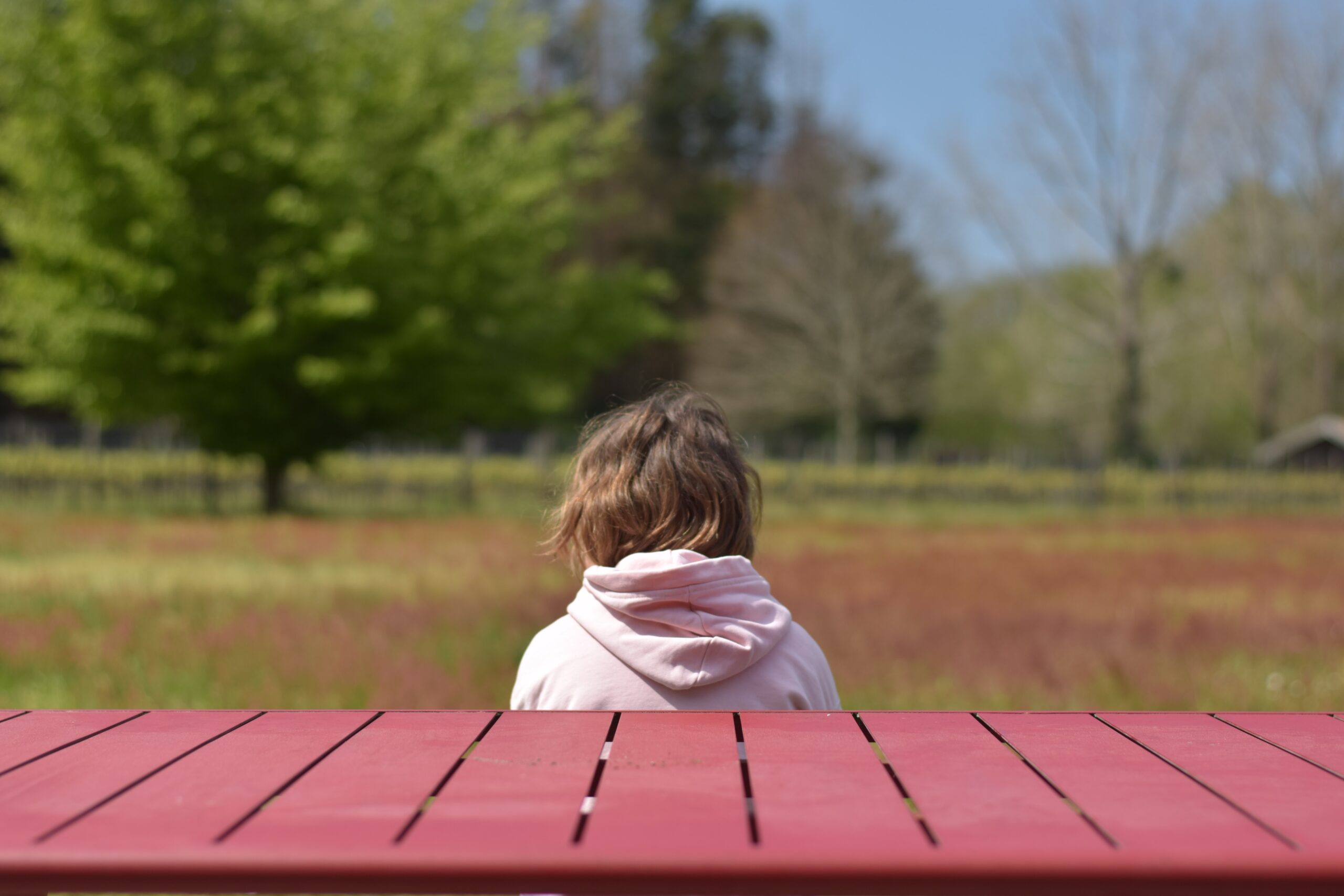In the hustle and bustle of our fast-paced lives, the concept of mindfulness has gained widespread recognition for its benefits in promoting well-being. But what about our children? As parents, integrating mindfulness practices into our daily routines can have a profound impact on our children’s emotional development. In this post, we’ll explore the world of mindful parenting and discover practical ways to bring the benefits of mindfulness to our kids.
Mindfulness, simplified for children, is about being present in the moment. It’s a practice that encourages focus, self-regulation, and emotional intelligence. By introducing these concepts early on, we can equip our children with valuable tools to navigate life’s challenges.
Incorporating Mindfulness into Daily Routines:
Start and end the day with intention. Morning mindfulness rituals, such as a few moments of gratitude or deep breathing exercises, can set a positive tone. Try to create mindful mealtime practices by encouraging your child to savor each bite and express gratitude for the food on their plate. Finish the day with bedtime mindfulness routines to promote relaxation and reflection.
Mindful Communication with Children:
Communication lies at the heart of parenting. Practice present-moment awareness when interacting with your child. Active listening, free from judgment, fosters a deeper connection and helps children feel heard and understood. Pro tip? A great place to try this is in the car, on the way to or from school or your child’s other activities!
For the Whole Family
Transform routine family activities into mindful experiences. Take mindful walks or nature outings to enjoy each other’s company and the great outdoors. Infuse mindfulness into games and exercises that promote concentration and awareness. Get creative with activities like art or storytelling, making them opportunities for mindful expression.
Modeling Mindfulness as a Parent:
Children learn by example, and parental behavior plays a significant role. Demonstrate mindfulness in your own life, especially when handling stress and challenges. Pause before reacting, take a deep breath when frustration arises, or take a break. Leading by example shows your children the value of cultivating a mindful lifestyle.
Mindfulness for Emotional Regulation:
Teach your child simple mindfulness techniques for emotional regulation. Mindful breathing and self-awareness exercises can be powerful tools for managing emotions and conflicts. Cultivating a sense of calmness and resilience in your child through mindfulness can have a lasting impact.
Overcoming Challenges in Introducing Mindfulness to Kids:
Introducing mindfulness to children may come with its challenges. Address common misconceptions or resistance (for example, if your kid looks like they might flip a table when they hear ‘deep breathing’), and adjust practices to suit your child’s age and temperament. Be patient and consistent in integrating mindfulness into your parenting approach.
Incorporating mindfulness into parenting is a journey, not a destination. The benefits for both parents and children can range from enhanced focus and emotional intelligence to strengthen family bonds. Explore and adapt these mindfulness practices to your family’s unique dynamics, and witness the positive transformation that mindful parenting can bring to your home.
Most parents need support in learning these tools for themselves and their children. I am a pro at teaching mindfulness skills to all ages. Don’t hesitate to reach out here!
